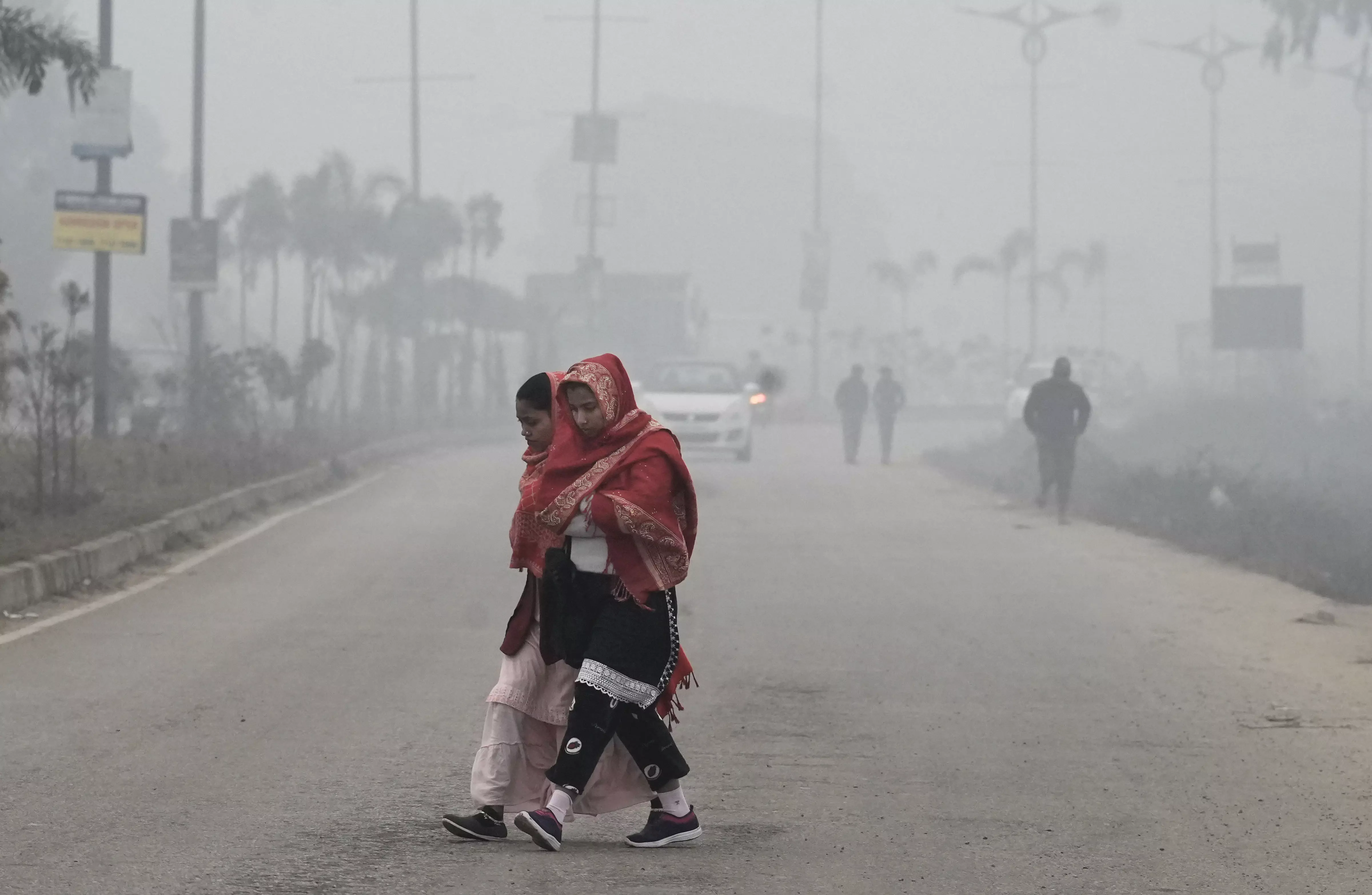
Chandigarh records 'very poor' air quality; experts ask people to curtail outdoor activity
The AQI at the joint capital of Punjab and Haryana was 372 at 4 pm, according to Central Pollution Control Board's Sameer App

Chandigarh, Nov 13 (PTI) The air quality in Chandigarh remained in the 'very poor' category with the experts suggesting people curtail outdoor activity and keep a check on biomass burning.
The air quality index (AQI) at the joint capital of Punjab and Haryana on Wednesday was 372 at 4 pm, according to the Central Pollution Control Board's Sameer App.
The AQI was 400 at Chandigarh Sector 22, 322 at Sector 25 and 395 at Sector 53, the data showed. At 9 am, the city's AQI was 355.
The Union Territory has been witnessing 'very poor' air quality in the past few days, becoming one of the few cities with the worst air quality in the country.
Chandigarh Meteorological Department's Director Surender Paul said the air circulation leads to the dispersal of pollutants in the air. But an increase in humidity, drop in minimum temperatures and calm winds have led to a reduction in air circulation and less dispersal of pollutants, resulting in smog, he said.
There is no possibility of rains in the next five days, the official added.
With the rise in the pollution levels, the task force formed under the Graded Response Action Plan (GRAP) for the city, has put in measures such as sprinkling water or washing roads at night, using anti-smog guns, checking open burning of leaves and waste, and monitoring traffic movement to improve the air quality.
The Chandigarh Pollution Control Committee had called a meeting of the GRAP two days ago in which stubble burning was considered one of the major causes of increased air pollution in Chandigarh.
The Chandigarh Municipal Corporation was directed that there should be no manual sweeping without sprinkling of water. The civic body was also asked to ensure that mechanical sweeping shall be done with water sprinkling only.
The traffic police had also been asked to impose a fine on vehicles for flouting emission norms while the use of diesel generators has been strictly banned, except in case of emergency or essential services.
Suman Mor, a professor at the Panjab University's Department of Environment Studies, blamed stubble burning in Punjab for the deteriorating air quality in Chandigarh.
A spike in farm fires in Punjab on November 8 and 9 led to the current situation in Chandigarh, she said, adding, "Some people are burning leaves in the city and we need to check it." "Whatever we are contributing to the air, we are going to inhale it ultimately. So we need to understand our responsibility," Mor said.
Dr Ravindra Khaiwal, a professor of environmental health at the PGIMER's Department of Community Medicine and School of Public Health advised people to wear masks and curtail their outdoor activities.
Children, pregnant women, the elderly and people with medical conditions should take adequate precautions, he said. PTI

